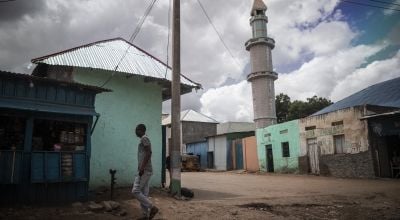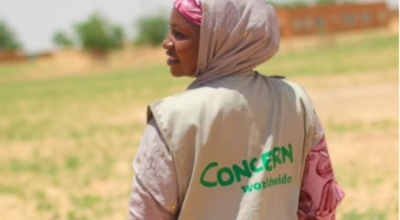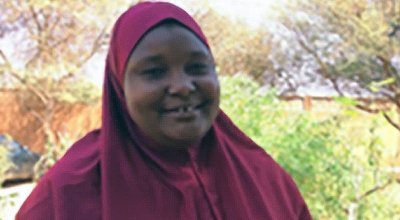
Read our 2023 annual report

Knowledge Hub
Surviving against the odds: being a mother in Niger
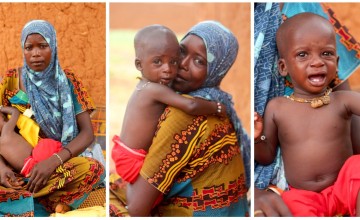
Being a mother is tough, but being a mother in Niger is unimaginably tough.
Faced with daily dilemmas of how to source clean water, where your next meal will come from and if you can afford to send your child to school, motherhood can become one cripplingly difficult decision after the next.
Niger in western Africa is rated the fifth worst country in the world to be a mother. One in 20 women die in pregnancy or childbirth, children in Niger receive less than five and a half years of formal education and one child in 12 does not live to see his or her fifth birthday. The numbers are staggering, especially in contrast with statistics from Ireland which scores 22 out of 179 countries indexed.
On a recent trip to Niger, I was overwhelmed by the resilience of the mothers I met there. Despite having barely enough to feed themselves, they were determined to provide the very best for their children. Mothers vocalised a desire for their children to grow and learn and carve out a bright future for themselves – far beyond the reality of their current existence.
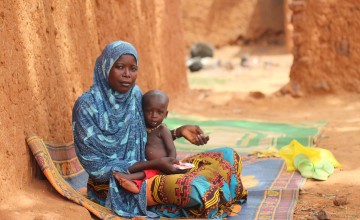
Zarah and Youssouf’s story
Zarah was one of these mothers. As her one-year-old Youssouf clung to her in tears, she soothed him with natural ease. Tragically, 17-year-old Zarah’s young son Youssouf was crying because he was severely malnourished.
“He was crying a lot and has become weak and lethargic,” she said, “I was really worried about him so yesterday I brought him to a local health centre.”
Zarah explained that he had diarrhoea and a high fever for almost seven days. She brought him to a Concern-supported health clinic, where he was immediately assessed. He was incredibly underweight for his age – his little body was frail, his eyes were glassy and exhausted from crying.
Zarah described how her family survive solely on millet porridge and struggle to find clean water as the well in the village empties regularly. As Zarah listed her daily challenges, it was clear that she saw the challenges not as inequalities but as daily realities.
On top of the daily challenges she already faced, Zarah mentioned that she had lost her first born child two years ago after just 12 days of life. Zarah’s sadness was utterly palpable as she described the loss of her child, but through the sadness in her gaze there was a renewed determination. “I want this baby to be well fed and healthy,” she said, “I want him to live.”
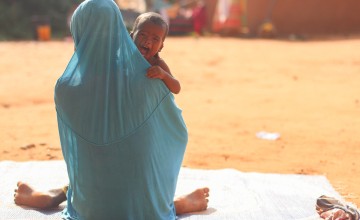
Rashida and Ibrahim’s story
When I met Rashida in the Intensive Nutritional Rehabilitation Centre (CRENI), in Tahoua she was so engulfed in fear and anxiety that she could barely speak. Her nine month old Ibrahim was admitted to hospital for severe diarrhoea, fever and congestion issues. Ibrahim’s shallow, labored breathing was indicative of the severity of his malnutrition and I was told that he weighed just 5kg. Rashida’s eyes were fixed on the rise and fall of her only child’s delicate chest.
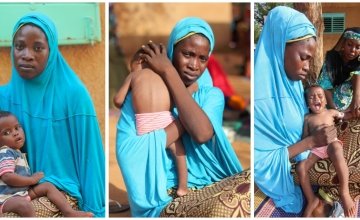
Rashida told us that she was a single parent: “When I fell pregnant my husband left me and now my father looks after me”. Rashida’s husband’s departure was a shock and she had no choice but to return to live with her parents.
“There are 11 people living in the house at the minute, eight children and three adults, in a house with one bedroom and one living room,” she explained.
Like many families in rural Niger, Rashida’s family survive on one pot of millet a day, which is rationed out to each member of the household. With any extra money, Rashida buys other cereals in an attempt to diversify her family’s diet but this is rare as she has no real income.
Rashida told us that she spends every night at Ibrahim’s bedside in Tahoua hospital, praying for his recovery.
“The fact that I can do nothing about my child’s illness makes me sad”.
With evident pain in her eyes, she said, “I try not to think about the future, but I hope my child’s future will be better than my reality.”
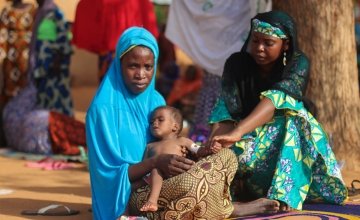
Protecting the wellbeing of mothers and their children
Youssouf and Ibrahim were both treated at Concern-supported health facilities and with the right follow-up care, it is hoped that they will make a full recovery. While it may take Zarah and Rashida some time to deal with the near-loss of their children, our team is committed to supporting and protecting them.
Through education, care services, integrated resilience and gender equality programmes, we are determined to accelerate progress in the health and wellbeing of mothers and their children in Niger.
You can help too
We need your help to continue our work supporting mothers and children in Niger. With your support, we can provide lifesaving food to malnourished children like Youssouf and Ibrahim, and we can improve the lives of mothers in Niger. Through education, gender equality awareness, building resilience and improved health services, we hope that mothers in Niger will someday share the same privileges we have in Ireland.
Give what you can to help forge a brighter future for mothers and children in Niger.
Read more



